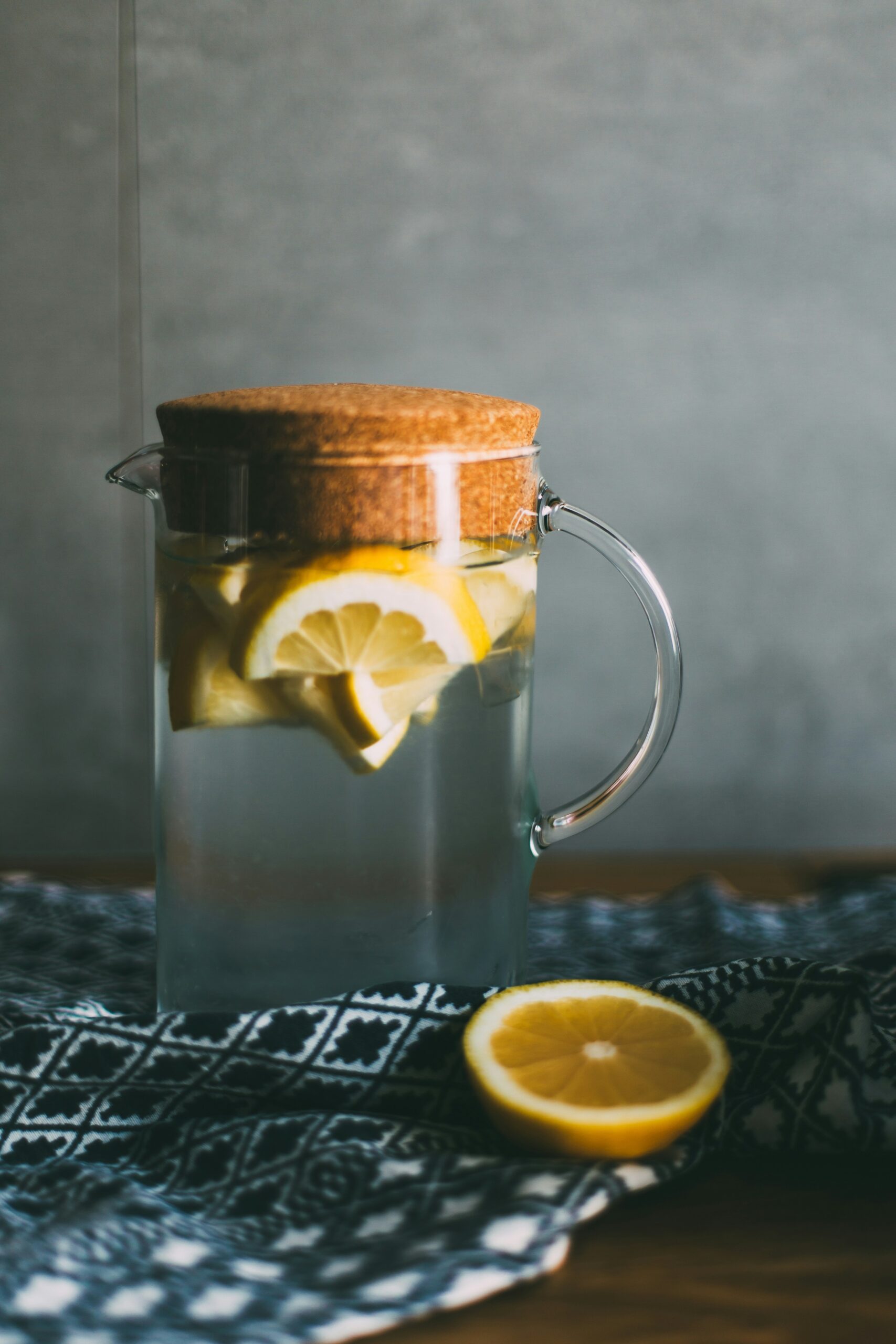

Introduction to hydration and its importance
Water is essential to life, yet many of us overlook the simple act of staying hydrated. It’s easy to forget this vital aspect of our health amidst busy schedules and endless tasks. But think about it: how often do you reach for a glass of water throughout your day? Hydration isn’t just about quenching thirst; it plays a crucial role in maintaining overall well-being.
Imagine feeling energized, focused, and ready to take on whatever comes your way—all by ensuring you’re getting enough fluids. The benefits extend far beyond just avoiding dry skin and fatigue. In this blog post, we’ll dive deep into why hydration matters more than you might realize and explore practical tips to help you make drinking water a part of your daily routine. Get ready to discover how staying hydrated truly transforms not only your body but also your mind!
The recommended daily water intake for adults
The recommended daily water intake for adults varies based on several factors. Generally, a common guideline suggests about 2.7 liters for women and 3.7 liters for men. This includes all fluids consumed throughout the day.
However, individual needs can differ significantly. Age, activity level, climate, and overall health play crucial roles in determining how much water you should drink.
For those who are active or live in warmer climates, increasing your intake is often necessary to replace lost fluids through sweat. Pregnant or breastfeeding women also have higher hydration needs.
Listening to your body is key. Thirst is a natural indicator that it’s time to hydrate. Remember that food contributes to your fluid intake too; fruits and vegetables with high water content can supplement your daily goals effectively.
How dehydration affects the body and common signs of dehydration
Dehydration can sneak up on anyone. It happens when your body loses more fluids than it takes in. Even mild dehydration can impact how you feel and function.
Common signs include thirst, dry mouth, and fatigue. You might also notice a decrease in urination or darker urine color. These indicators are your body’s way of saying it needs water.
Headaches are another frequent symptom of dehydration. They often occur because the brain temporarily shrinks from fluid loss, leading to pain.
Cognitive functions may suffer too; concentration dips while mood swings increase. Feeling sluggish? That could be due to inadequate hydration levels affecting energy production.
Pay attention to these signals early on! Ignoring them can lead to serious complications down the road, making it crucial to stay aware of your hydration status throughout the day.
The benefits of staying hydrated, including improved physical and mental health
Staying hydrated is vital for maintaining optimal health. Water plays a crucial role in regulating body temperature, lubricating joints, and delivering nutrients to cells. Just think about how much better your workouts feel when you’re properly hydrated.
But the benefits stretch beyond physical performance. Hydration significantly impacts cognitive function too. Adequate water intake can boost concentration, improve mood, and even enhance memory retention. Who wouldn’t want clearer thinking throughout the day?
Furthermore, being well-hydrated helps combat fatigue. It keeps energy levels steady and reduces that afternoon slump many people experience after lunch.
Skin health also thrives on hydration. Drinking enough water can lead to a radiant complexion by flushing out toxins and promoting elasticity.
The bottom line? Hydration enhances both your physical abilities and mental clarity, making it an essential part of a healthy lifestyle.
Other sources of hydration besides water
While water is essential for hydration, it’s not the only option available. Many foods can help quench your thirst and keep you hydrated.
Fruits like watermelon, oranges, and strawberries are packed with water content. They also bring vitamins and minerals to the table. A refreshing fruit salad can be both hydrating and nutritious.
Vegetables play a crucial role too. Cucumbers, lettuce, and celery have high water content that contributes to overall fluid intake. Adding these crunchy delights to salads or snacks makes staying hydrated easy.
Electrolyte-rich drinks such as coconut water or herbal teas offer alternatives that provide hydration along with added benefits. These beverages can refresh you while replenishing vital nutrients lost during physical activities.
Even smoothies made from yogurt or milk blended with fruits can serve as delicious hydration sources, perfect for any time of day. It’s all about variety when it comes to maintaining optimal hydration levels!
Conclusion and encouragement to make hydration a priority in daily life
Staying hydrated is essential for maintaining overall health. It affects everything from your physical performance to your mental clarity. By making hydration a priority, you can unlock numerous benefits that enhance your daily life.
Consider setting reminders throughout the day to drink water or incorporate hydrating foods into your meals. Carrying a reusable water bottle can also encourage consistent sipping. Small changes like these create lasting habits.
Remember, every drop counts! Embrace hydration as an integral part of your wellness journey and enjoy the vitality it brings to each day.
